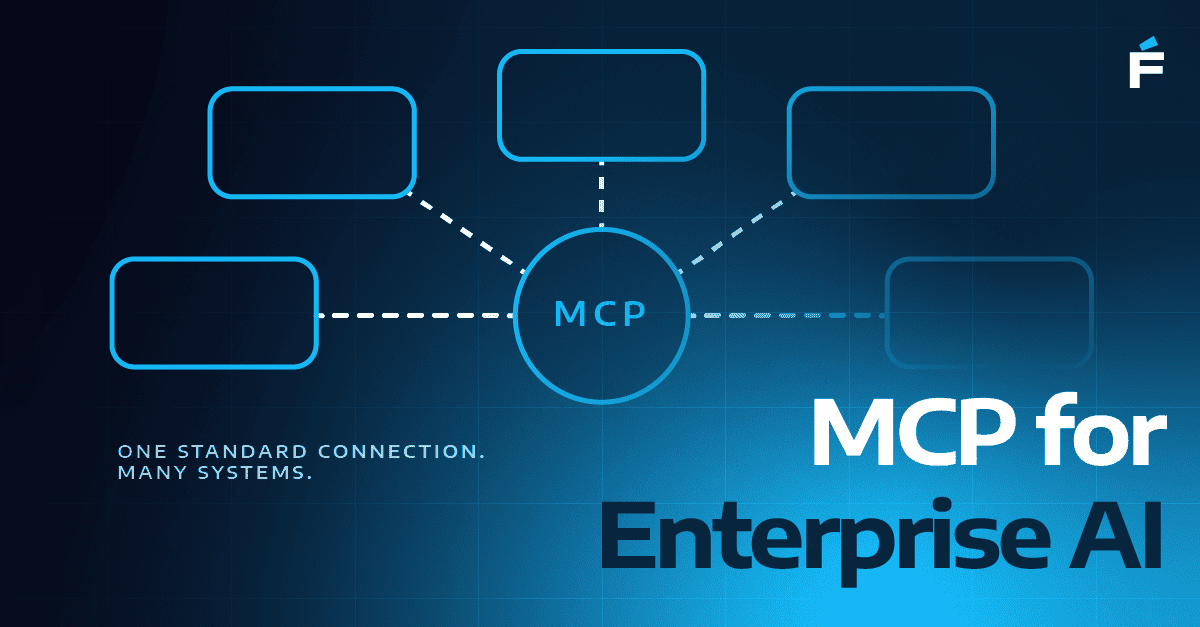Data is at the heart of modern businesses. But managing it effectively is no small feat. Many organizations, regardless of size, struggle to build the infrastructure required to handle their growing data needs. Hiring and maintaining an in-house data engineering team can be both expensive and resource-intensive, often beyond the reach of smaller or rapidly scaling companies. Outsourced data engineering presents a practical solution, connecting businesses with skilled professionals who can develop and manage robust data pipelines without the need for internal hires.
Rather than simply reducing costs, outsourcing data engineering allows companies to make better use of their information, improving processes and driving innovation. Whether refining existing data workflows or rapidly scaling to meet new demands, outsourcing offers the flexibility and expertise needed to stay competitive.
What is Outsourced Data Engineering?
Outsourced data engineering refers to hiring external experts or third-party services to manage and optimize your data infrastructure. This includes everything from data collection and transformation to pipeline development, storage, and analytics. By outsourcing, businesses can tap into a global pool of talent and expertise, avoiding the high costs of recruiting and retaining full-time, in-house data engineers.
Rather than handling all your data-related tasks internally, you entrust these responsibilities to specialized providers, allowing your business to focus on core operations and strategy.
Benefits of Outsourced Data Engineering
.png?width=1600&height=700&name=OutsourcedDataEngineering_Graphic1%20(1).png)
- Cost Savings Outsourcing eliminates the financial burden of building and maintaining an in-house team. Instead of salaries, benefits, and infrastructure investments, you pay for exactly what you need, when you need it, reducing overhead significantly.
- Scalability Outsourced data engineering allows you to scale operations up or down based on business needs. Whether you’re dealing with temporary projects or require long-term support, outsourcing offers the flexibility to adjust without committing to long-term internal hires.
- Access to Specialized Expertise Data engineering requires deep technical skills and up-to-date knowledge of tools like Apache Spark, Hadoop, or cloud platforms. Outsourcing connects you with experts who bring cutting-edge techniques and insights, ensuring your projects benefit from the latest innovations.
- Faster Time to Market By outsourcing your data engineering needs, you bypass the lengthy recruitment and training process. This accelerates the deployment of data solutions, allowing your business to gain insights and act on them faster.
- Focus on Core Business Functions Freeing your internal team from complex technical tasks allows them to focus on high-priority business objectives, improving overall productivity and enabling faster decision-making.
Common Challenges in Outsourced Data Engineering and How to Solve Them
While outsourcing provides many benefits, it’s important to anticipate potential challenges and mitigate them early. Here are a few common issues and strategies to address them:
- Communication Gaps Distance, time zones, and cultural differences can create barriers between your internal team and the external provider. To overcome this, establish clear communication protocols and ensure regular check-ins through project management tools and video meetings.
- Data Security Sharing sensitive information with a third party is a common concern. Ensure your outsourcing partner complies with the highest data security standards, including data encryption, GDPR compliance, and robust access controls.
- Quality Assurance To maintain the quality of the outsourced work, set measurable KPIs and review progress regularly. Clear documentation and milestone tracking help ensure that the deliverables meet your expectations.
- System Integration Integrating the work of an outsourced data engineering team with your existing systems can be challenging. It’s important to choose a provider experienced in working with your current tech stack and who can offer seamless integration services.

Outsourced Data Engineering in Action
Outsourcing data engineering is not limited to a single sector. In fact, companies across various industries are increasingly turning to external experts to manage and optimize their data infrastructure.
In the retail industry, companies face the constant challenge of optimizing inventory management to meet fluctuating consumer demand. A major retail business outsourced its data engineering to create an integrated platform that connected sales, supplier, and customer data. By leveraging this platform, the company was able to achieve more accurate demand forecasting and optimize inventory levels. This led to a significant reduction in excess stock, as well as fewer product shortages—ultimately driving better business outcomes through improved efficiency.
In the healthcare industry, data analytics plays a critical role in improving patient outcomes. One healthcare provider outsourced its data engineering to develop an advanced analytics system that unified patient data from multiple sources. This real-time data consolidation allowed healthcare professionals to make faster, data-driven decisions, leading to more personalized and efficient care for patients. The outsourced team’s expertise enabled the provider to focus on patient care while reaping the benefits of cutting-edge data engineering solutions.
The financial services industry has also seen the value of outsourcing data engineering, particularly for risk management and fraud detection. A financial firm collaborated with an external data engineering team to build a system that could analyze transactions in real time using machine learning algorithms. This outsourced solution enhanced the company’s ability to detect fraudulent activities quickly, which reduced potential financial losses and improved customer confidence in their services. The scalable nature of the platform also allowed the company to adapt to increasing data volumes and evolving security threats.
How to Choose the Best Outsourced Data Engineering Services
When selecting an outsourcing provider, it’s important to assess the following:
- Expertise and Industry Experience: Ensure the provider has experience with your industry and the specific data engineering tools and platforms you require.
- Data Security Protocols: Confirm that the provider follows strict data protection policies, such as encryption and compliance with GDPR or other relevant regulations
- Scalability and Flexibility: Choose a partner who can adapt to your changing needs and scale with your business.
- Transparent Pricing: Ensure that the pricing model is clear, with no hidden fees, and that you only pay for the services you need.
Outsourced Data Engineering for Startups: A Game-Changer
For startups, outsourcing data engineering can be a powerful lever for growth. With limited resources and time, startups often struggle to build internal data capabilities. By outsourcing, they gain access to experienced professionals who can quickly set up data pipelines, analytics, and cloud infrastructure, allowing them to focus on their product or service development.
Outsourcing also means startups can experiment with data solutions without committing to expensive long-term hires, giving them the agility they need to stay competitive in a fast-changing market.
Conclusion: Is Outsourcing Your Data Engineering Team Right for You?
Outsourcing data engineering offers businesses a flexible, cost-effective way to manage complex data needs while staying focused on their core operations. By leveraging external expertise, companies can scale faster, reduce costs, and enhance their ability to analyze and act on data. Whether you're a startup looking for agile data solutions or a large organization seeking to streamline operations, outsourcing your data engineering team could provide the strategic advantage you're looking for.




